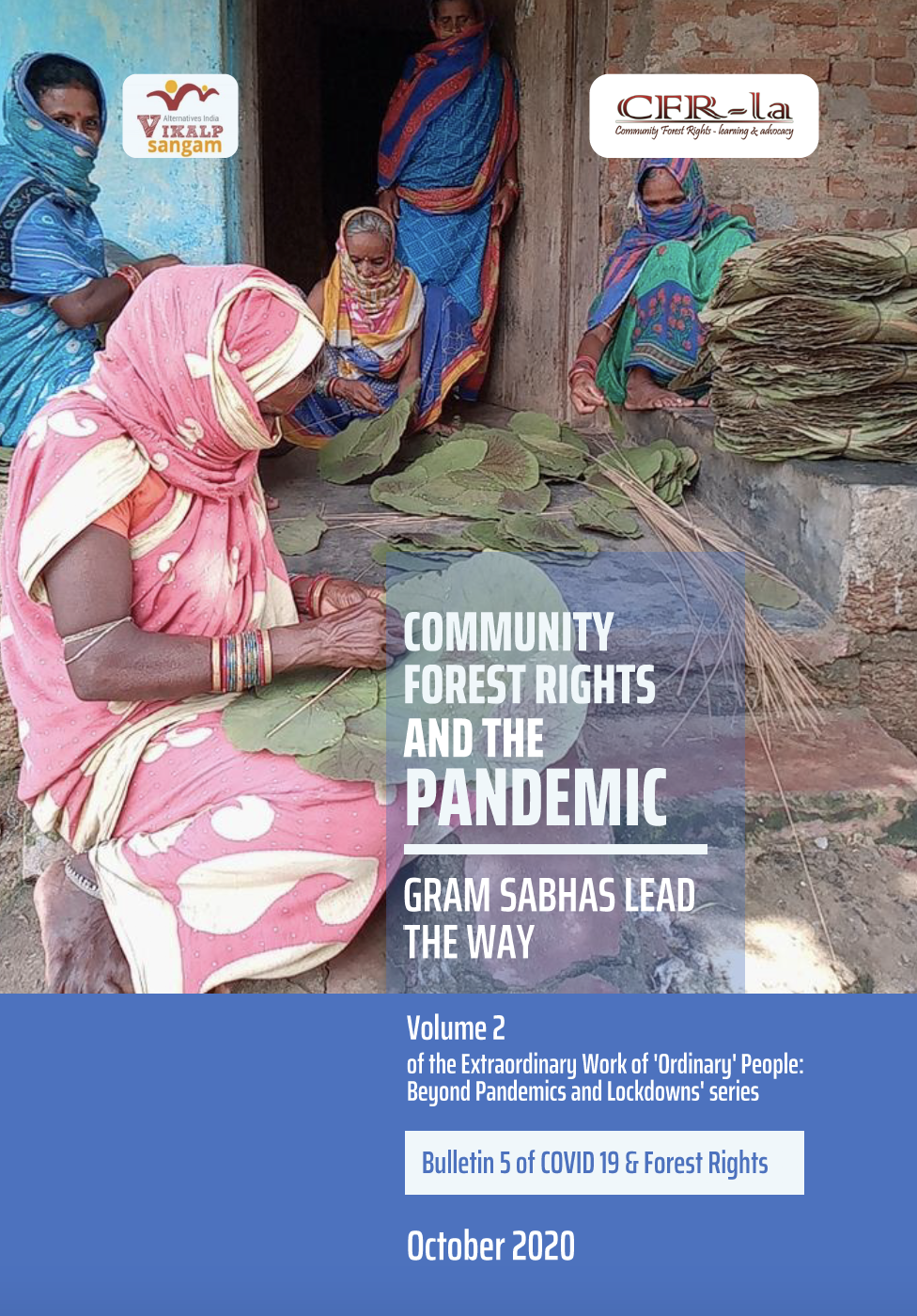Sustainable Land Management - Approaches and Practices in Bosnia and Herzegovina
This publication introduces SLM and its principles and presents how good SLM practices in Bosnia and Herzegovina were documented, evaluated, selected and scaled through participatory land use planning processes. High demand for agricultural products and raw materials produced on land is under adverse social and economic conditions and a lack of adequate investment.



